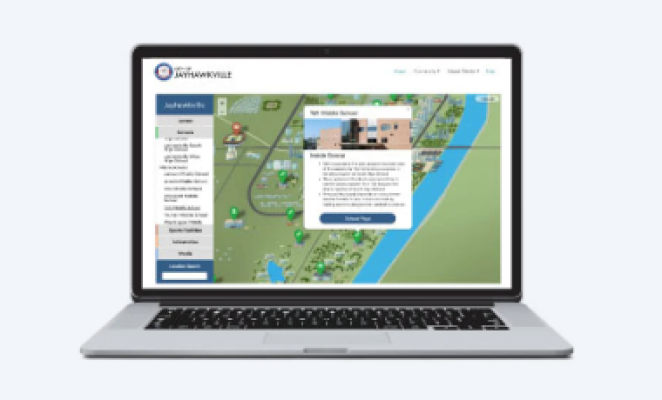

#15 Best Education School1
Graduate online education programs in Kansas
The University of Kansas delivers exceptional online graduate education programs that transform passionate educators into effective leaders. Located in Lawrence, KS, just 45 minutes from Kansas City, KU’s #15-ranked School of Education and Human Sciences offers a variety of online graduate programs and is proud to combine the prestige of a top research university with the flexibility of online learning.1
Why choose KU for your online master's degree
As a leader in education, the University of Kansas offers comprehensive online graduate programs ranked among the nation's best by U.S. News & World Report.1 Whether you're passionate about special education (#2 by USNWR1), curriculum and instruction (#26 by USNWR1), TESOL, or educational leadership and policy (#10 by USNWR1), you'll learn from internationally recognized faculty who actively shape educational practice. The KU curriculum emphasizes evidence-based strategies, innovative teaching methods, and inclusive approaches that prepare you to make a meaningful impact in diverse learning environments. With flexible online formats, a cutting-edge virtual learning environment and comprehensive student support, you can pursue advanced education online with confidence.
Online programs include:
- Master’s in curriculum and instruction*
- Master’s in Teaching English to speakers of other languages (TESOL)
- Master's in autism*
- Master's in high incidence disabilities*
- Master's in secondary special education & transition*
- Master’s in educational administration
- Graduate certificates in:
*All master’s programs are online Master of Science in Education (M.S.E.) in the designated field or concentration. (e.g., M.S.E. in curriculum and instruction or M.S.E. in special education with an emphasis in autism).
How online learning works at KU
At the University of Kansas, we've designed our online learning experience to be both flexible and deeply engaging. Through our innovative digital platform, you'll complete coursework at times that work best for your schedule while maintaining the academic rigor that makes KU a leader in education.

Flexible learning, applicable skills

Interactive learning environment

Faculty engagement and student support
Admission requirements and application deadlines
To be considered for graduate admission to the University of Kansas School of Education and Human Sciences, prospective students must meet the following requirements:
- Completed bachelor's degree from a regionally accredited institution
- Cumulative GPA of 3.0 or higher (on a 4.0 scale)
Some programs require a personal statement and one or more letters of recommendation. Review the admissions requirements for the program you’re interested in to be sure you’re prepared with the appropriate materials.

Career outcomes for graduates in Kansas
The Kansas City metropolitan area offers abundant opportunities for special education professionals. As of 2022, Kansas had more than 1,355 public schools serving diverse student populations.2
Do I have to live in Kansas to enroll in KU’s online programs?
Can I complete fieldwork or licensure requirements outside of Kansas?
What kind of technical support is provided for online students?
What are the benefits of an online master's in education from KU?
- 1. Retrieved on May 29, 2025, from usnews.com/best-graduate-schools/university-of-kansas-155317/overall-rankings
- 2. Retrieved on July 8, 2025, from nces.ed.gov/programs/digest-dashboard/state/kansas
- 3. Retrieved on May 29, 2025, from nea.org/sites/default/files/2025-04/2023-24-teacher-salary-benchmark-report.pdf
- 4. Based on a limited sample of self-reported data from alumni of the University of Kansas School of Education and Human Services online programs in education from graduating cohorts between 2019 and 2021.

